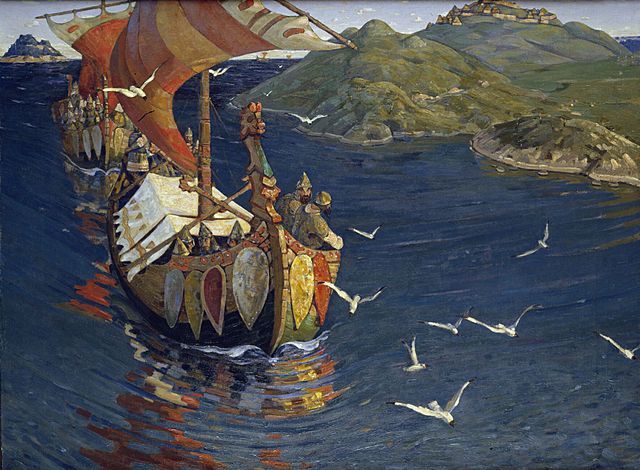New sculptural, archaeological and linguistic evidence suggests the Vikings conquered much larger territories in medieval England than previously thought, according to a report by the science magazine Videnskab that is a massive spoiler for fans of the TV series ‘Vikings’.
According to Derek Gore, an archaeologist at the University of Exeter, researchers have uncovered artefacts and historic records that indicate the Vikings raided and looted as far south as Devon and Cornwall in the west of the country.
Scandinavian expansion
During the Viking Age (8th-11th century), England mostly consisted of four independent kingdoms: Wessex (south of the river Thames), Mercia, East Anglia and Northumbria.
By the end of the 9th century, Mercia, East Anglia and Northumbria had all been conquered by the Viking armies, and expansive Scandinavian settlement in eastern and northern England followed.
READ MORE: Vikings may have been to North America much earlier than believed
Proof in the relics
Only Wessex – which had conquered Dumnonia (modern day Cornwall, Devon and Somerset) in the early 9th century – remained independent, and researchers had therefore never conducted any detailed examination of the Scandinavian influence in the region.
However, recently discovered archaeological artefacts such as clothing, coins, tools and art motifs on sculptures indicate that Vikings leaders such as Sweyn Forkbeard and his son Cnut the Great raided southwest Wessex in the late 10th and early 11th centuries.
Moreover, historic records of people’s names, which can be linked to Scandinavian origins, further prove the Viking presence in the southern part of England.















